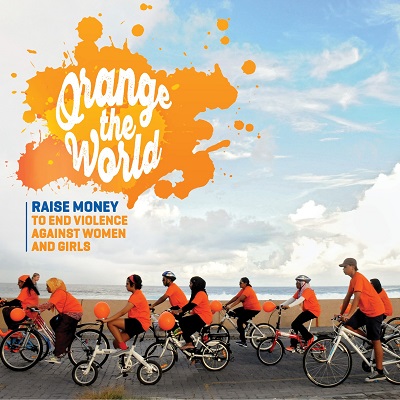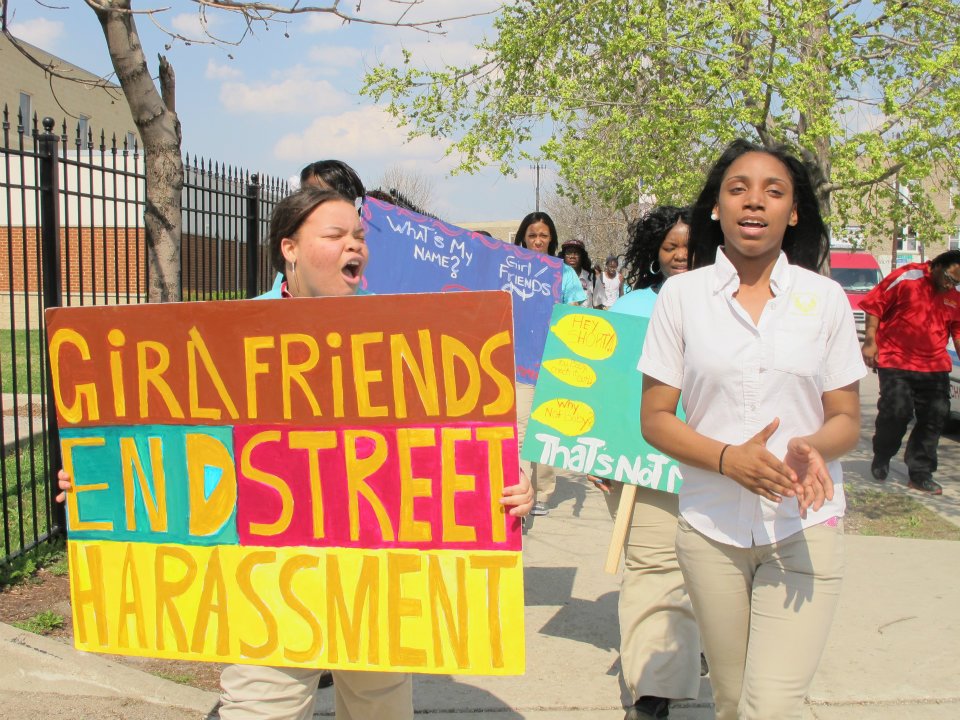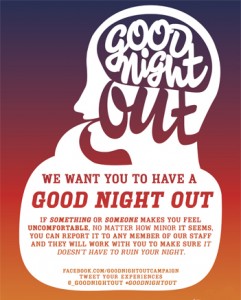From sexual harassment and violence in homes to the streets, from schools to workplaces, women’s and girls’ equality and right to be safe is impeded every day by gender-based violence. Today is the International Day for the Elimination of Violence against Women, as designated by the United Nations to recognize this human rights violation and to say ENOUGH. Everyone deserves a life that is safe and free from violence.
What will you do to speak out against men’s violence against women and girls, including street harassment?
Today also marks the start of the 16 Days of Activism Against Gender-Based Violence. It will conclude on 10 December, International Human Rights Day.
Each day across the 16 Days of Activism Against Gender-Based Violence, we will highlight a 2018 activism effort undertaken to stop street harassment or a personal story about stopping harassers!
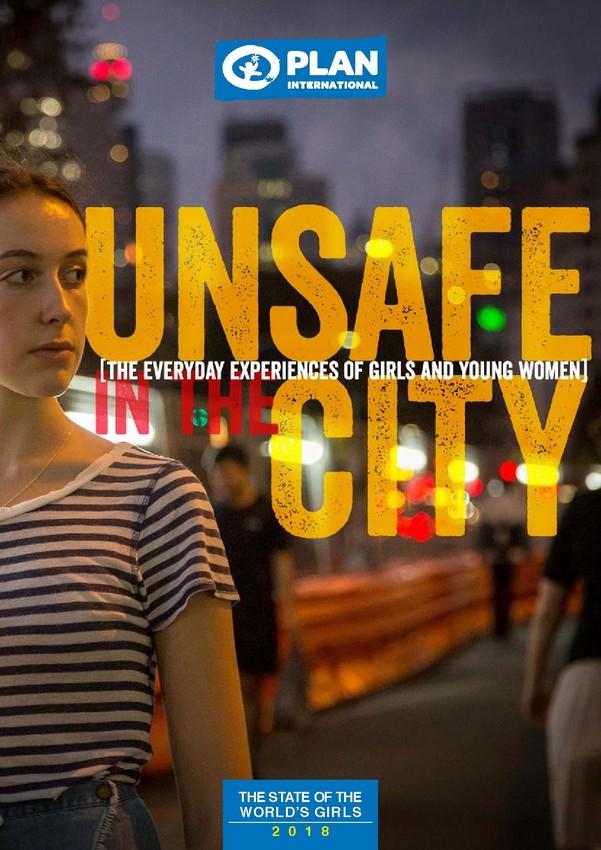 Day #1: Research on Girls’ Safety
Day #1: Research on Girls’ Safety
Plan International released a report, based on interviews with 21,000 girls in Delhi, Kampala, Lima, Madrid and Sydney, that says street harassment is a pervasive problem for them. One researcher said, “The level of danger girls are facing in cities is shocking and we all have a role to play in ensuring everybody feels safe in our cities — whether they are on the street, on public transport or in parks. Individuals, communities, governments and authorities should all be spurred to act.”
Plan International Australia suggests that girls should be involved in planning cities to reduced gender-based exclusion and street harassment. They also recommend “behavior change programs that target toxic masculinity, tackle social norms and address the root causes of gender-based street harassment.”
“We have to have this conversation now. Good men, there are a lot of them, they’re a majority, they have to start speaking up and speaking out and they have to start calling out this behaviour because enough is enough. It shouldn’t be on girls to fix this problem,” said Plan International Australia CEO Susanne Legena.
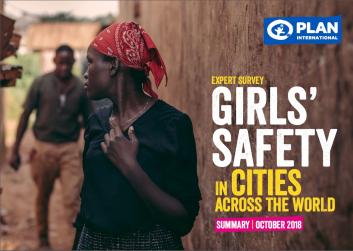 In another report by Plan International, titled “Girls’ Safety in Cities across the World“, almost 400 experts in 22 cities across six continents discussed the safety risks that girls and young women face. It found that Lima is the world’s most dangerous city for girls to go out alone, while Stockholm is the safest city for sexual harassment and for girls to leave the house alone. “The poll is the first of its kind to highlight the universality of the dangers girls and young women face in cities and public spaces across different societies and cultures, which it says affects the lives of millions and yet remains ignored.”
In another report by Plan International, titled “Girls’ Safety in Cities across the World“, almost 400 experts in 22 cities across six continents discussed the safety risks that girls and young women face. It found that Lima is the world’s most dangerous city for girls to go out alone, while Stockholm is the safest city for sexual harassment and for girls to leave the house alone. “The poll is the first of its kind to highlight the universality of the dangers girls and young women face in cities and public spaces across different societies and cultures, which it says affects the lives of millions and yet remains ignored.”
Lastly, research conducted by Plan International UK found that one in three girls in the UK have been street harassed while wearing their school uniform and 66% have faced some kind of street harassment overall. They found that many girls feel street harassment is “all part of growing up.”
The organization has made several recommendations, including:
- Public awareness campaigns to spread the message that street harassment “is not OK”
- Offer training for bystanders on how to safely intervene
- Support boys and men to change their attitudes and challenge harassment
- Provide relationship and sex education to young people
- Training for workers in public places (shop staff, bus drivers) on spotting harassment and reporting it


